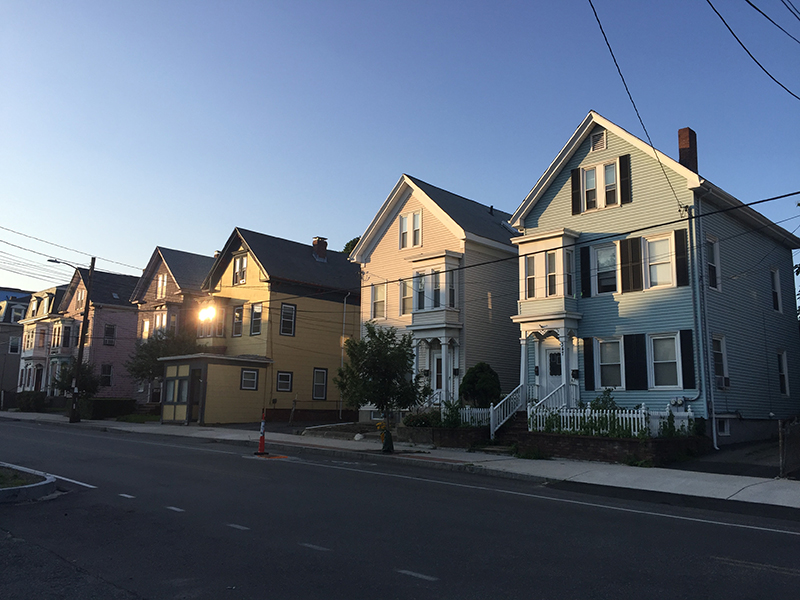
A growing number of the population is struggling to find housing they can afford. It’s a clear strain on families that must be addressed. And in lieu of innovative solutions, some are advocating for antiquated rent control policies that we know too well are ineffective and harmful.
And in fact, it’s difficult to find any issue where economists on both sides of the political spectrum agree so fervently.
In case you missed it, one such economist, Jay Parsons, took down rent control once and for all in a Twitter thread. He highlighted the catastrophic history of rent control, the harmful impact it has on communities and the unified perspectives on rent control from economists of all backgrounds.
As Parsons reminds readers in his thread, rent control is rare historically because we have clear examples that we can look to demonstrating that the flawed policy doesn’t work as intended. It is a short-term fix for current residents (and not necessarily those in most need), at the expense of long-term affordability for a much broader population. As a Stanford economist notes, “Rent control appears to help affordability in the short run for current tenants, but in the long-run decreases affordability, fuels gentrification and creates negative externalities.”
He shares disastrous, specific examples of unintended consequences from rent control policies:
2) You might argue– We’ll exempt new construction from rent control so it’s OKAY! But the science says otherwise:https://t.co/OB0pym7aZt pic.twitter.com/mFkLzwQV8y
— Jay Parsons (@jayparsons) March 23, 2022
3) Science also tells us that rent controls not only limit new supply, but also lead to removal of existing supply — New York being a case in point. pic.twitter.com/oYgFcyyqPu
— Jay Parsons (@jayparsons) March 23, 2022
4) Science also tells us rent control provides benefit to a share of households but at enormous costs– one being inability to fund maintenance. Rent control often leads to poorly maintained, outdated housing — and battles between tenants and landlords over upkeep. pic.twitter.com/KR3WDMxhdV
— Jay Parsons (@jayparsons) March 23, 2022
5) One important note that is often overlooked: Rent control primarily benefits wealthier households who do not need the benefit. Case in point: Fmr NYC Mayor Ed Koch for decades kept a $475/mo bargain in high-end Greenwich Village, which meant…https://t.co/3puoVH6nya
— Jay Parsons (@jayparsons) March 23, 2022
He notes the unambiguous opposition from economists across the political spectrum:
8) In Toronto, rent controls sharply reduced new construction to only pricey units and giving way to surge in for-sale condos as “shadow” alternative, bought by small investors and rented out individually– ultimately making affordability worse.https://t.co/ZgnXuB23d1
— Jay Parsons (@jayparsons) March 23, 2022
9) In Cambridge MA, research showed the city BENEFITED from the REMOVAL of rent controls in the 1990s. Harvard prof noted more supply, more maintenance/upgrades, and less crime. https://t.co/I9gq7zpF07
— Jay Parsons (@jayparsons) March 23, 2022
Parsons bottom line: It’s disingenuous to say that “landlords argue rent control reduces supply and backfires on low-income households.”
Basic economics and history show us the facts, and that’s more important than whatever landlords say. If someone argued in favor of vaccines by stating only “Pfizer says it’s good,” that would be ridiculous, right? Even if Pfizer was right, what matters is what unaffiliated data science shows. Stating only that “landlords say rent control is bad” only scratches the surface of the issue. We need solutions that get to the root of the problem and address the needs of all residents. Rent control isn’t one of them.
You can read the full thread from Jay Parsons here.




